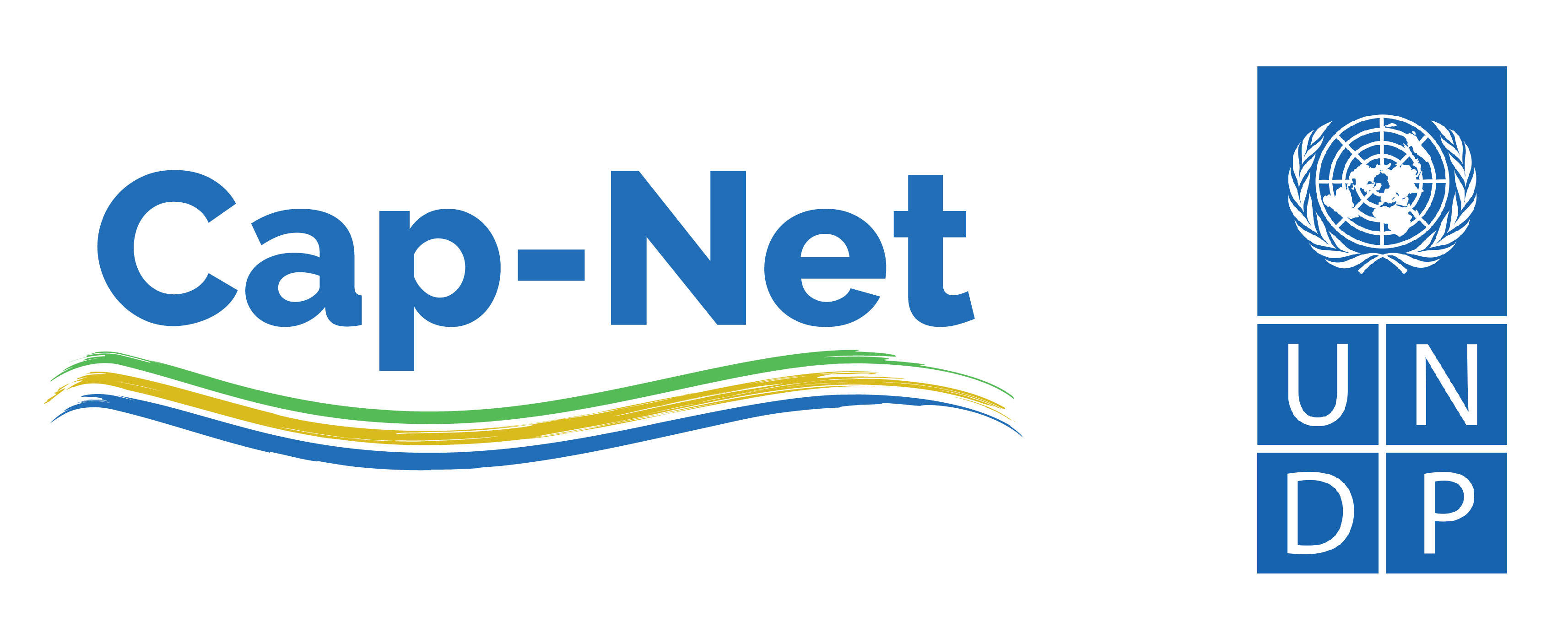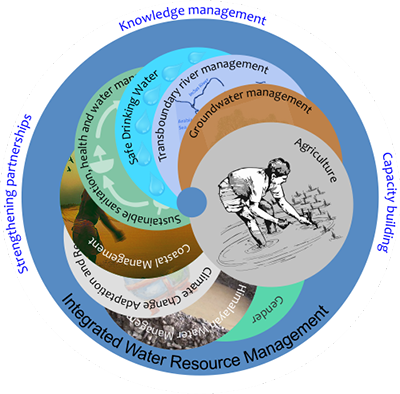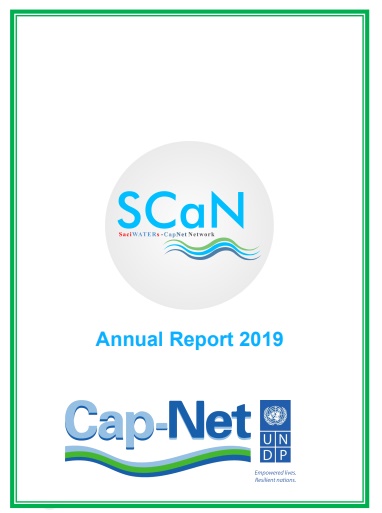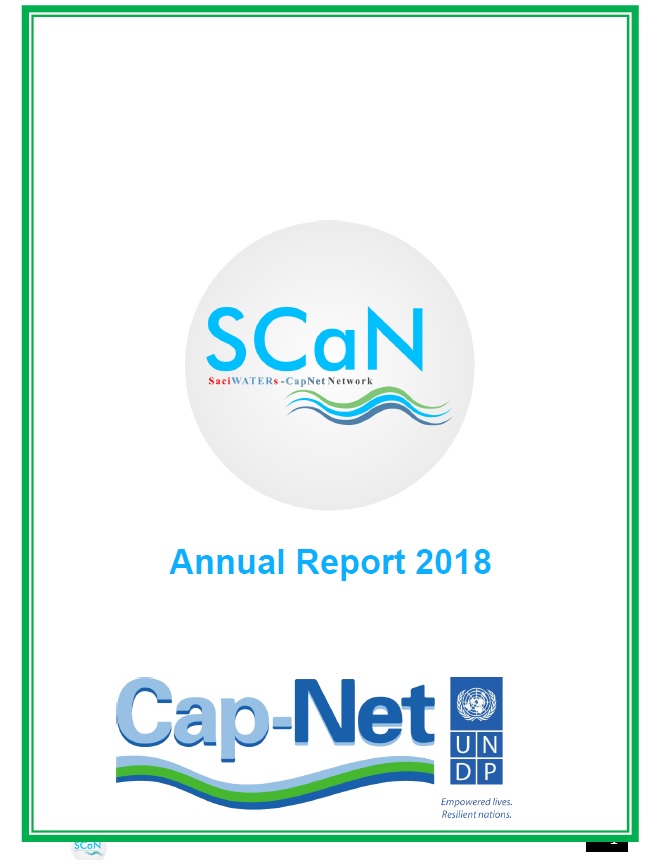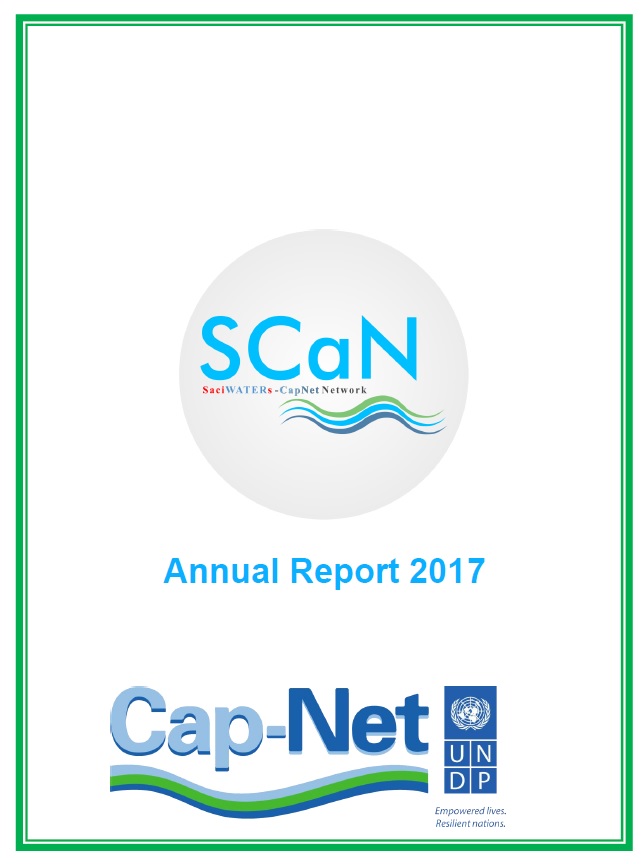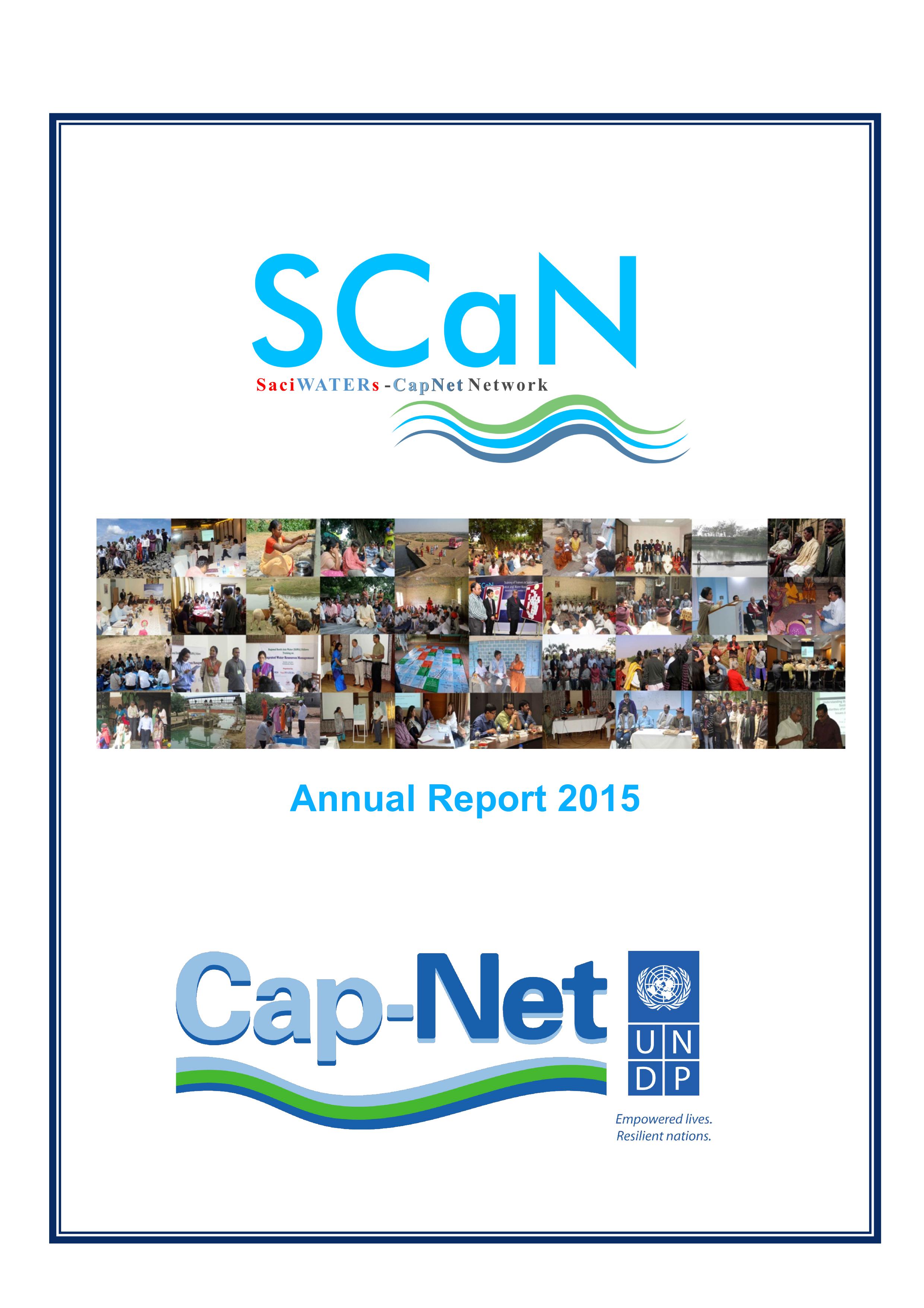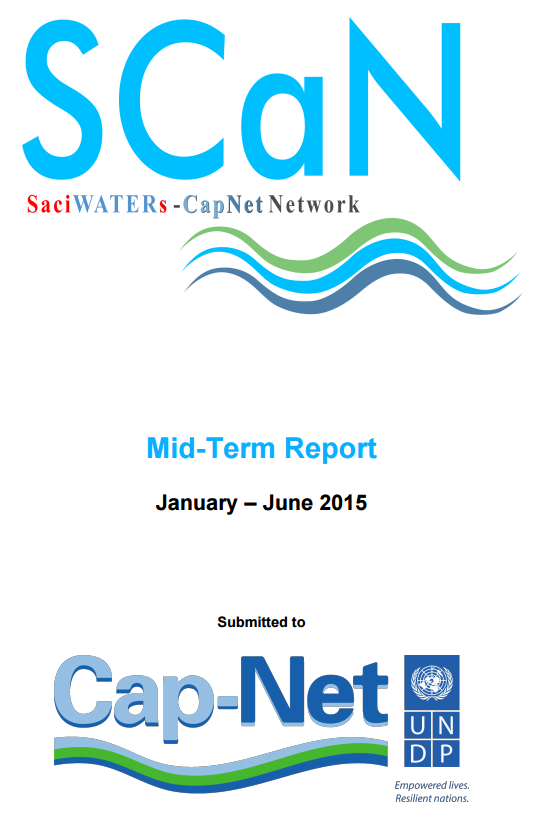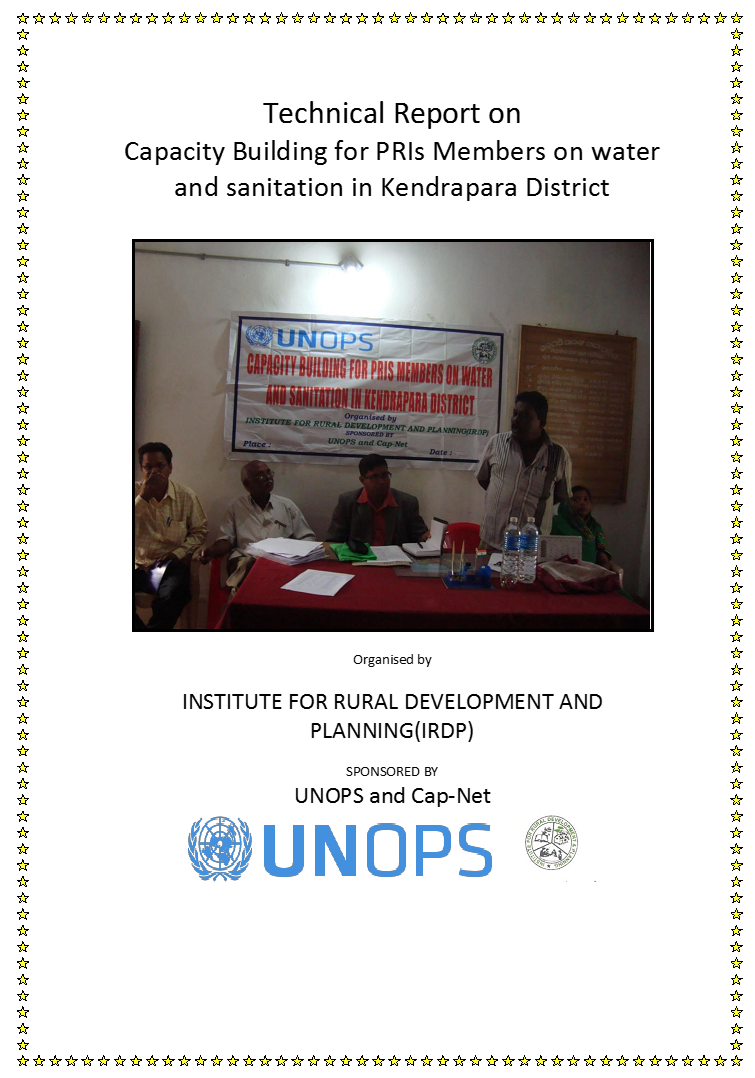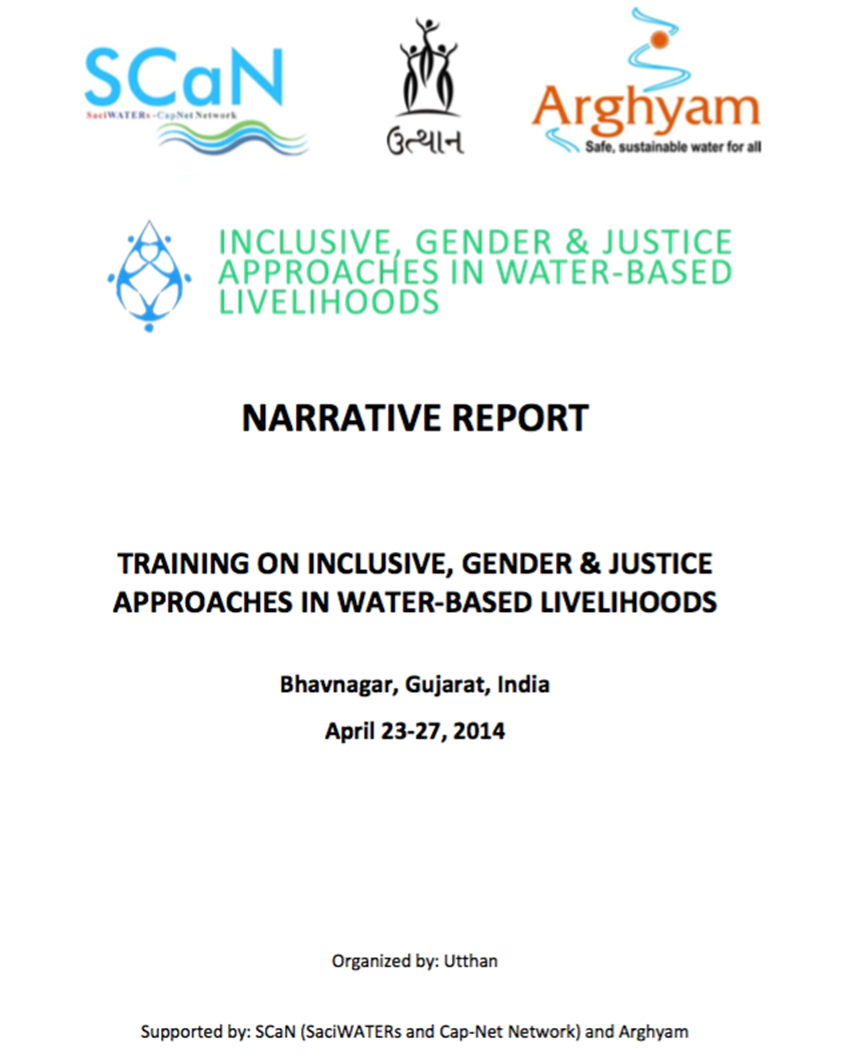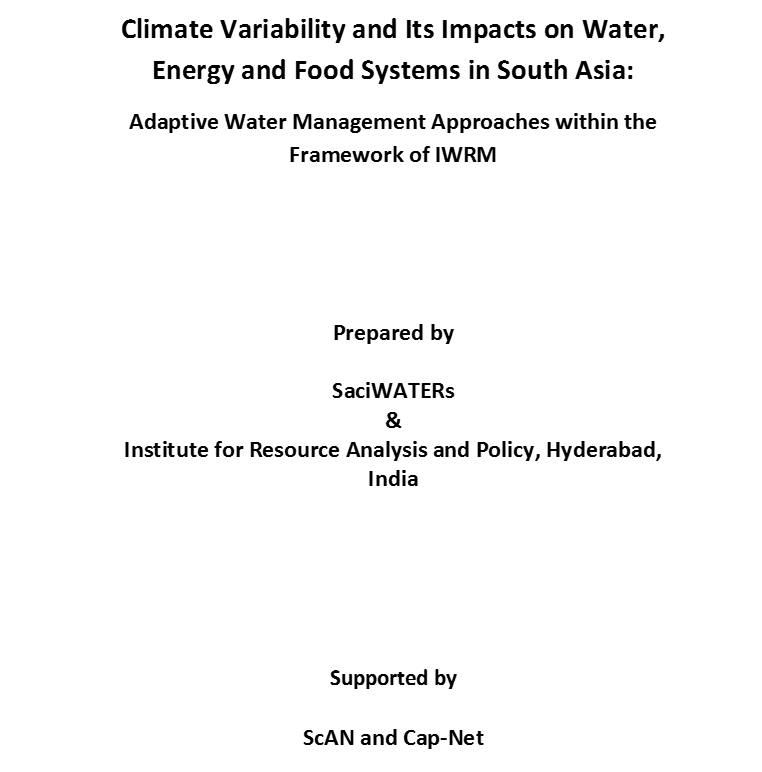-
Annual Report - 2019
In 2019, SCaN conducted two capacity development activities across South Asia, under different thematic areas – gender, water, climate change, education, water quality and public health. The major stakeholders participating in these CDA were government officers, civil society organisations, frontline workers, researchers and students.
Download Report -
Annual Report - 2018
In 2018, SCaN conducted two capacity development activities across South Asia, under different thematic areas – gender, water, climate change, education, sanitation and governance. The major stakeholders participating in these CDA were government officers, civil society organisations, researchers and students.
Download Report -
Annual Report - 2017
SCaN organised a symposium on the ‘Brahmaputra River Symposium 2017: Knowledge beyond Boundaries ‘. The symposium stressed on knowledge sharing, collective efforts to identify knowledge gaps and ways to strengthen the science-policy interface.
Download Report -
Annual Report - 2015
SCaN in 2015 organised five capacity development activities across South Asia, under different thematic areas – gender, water and agriculture, ground water management, climate change, urbanisation, education, sanitation and governance. The major stakeholders participating in these CDA were government officers, civil society organisations, researchers, students and farmer groups. SCaN in 2015 was also able to establish its governance body with regional representations.
Download Report -
Annual Report - 2014
SCaN conducted a launching workshop to develop a training module on the Impacts of Climate Variability in South Asia. A compendium was produced from the workshop. Training program was organized on inclusive, gender & justice approaches in water-based livelihoods.
Download Report -
Annual Report - 2013
SCaN organized training program on climate variability and water security, and roundtable discussions with head of institutions in Andhra Pradesh with a focus on Climate Change, Water and Energy, held South Asia Water (SAWA) fellows training on IWRM and peer reviewed Central America’s regional Network REDICA and SCaN was reviewed by Malaysian Network Manager.
Download Report -
Annual Report - 2012
SCaN trained elected grassroots women members on water users associations in Maharashtra, India, Phase I & II, conducted ToT in IWRM in Jamshoro, Sindh, Pakistan, conducted training workshop on understanding and resolving water conflicts in North-East India and Water Insecurity and Climate Change.
Download Report -
Annual Report - 2011
SCaN started enhancing its reach to many more individuals and institutions active in the water sector. A call for membership was widely circulated through various forums. SCaN Socialise, an online networking portal was launched in March, 2011. (www.saciwaters.org/scan)
Download Report -
Annual Report - 2010
The SCaN started functioning in 2010. It successfully implemented two regional level capacity building programmes. Through its activities it has been able to reach a diverse group of stakeholders such as academics, researchers, policymakers, donors and implementers. This annual report provides narrative details of the activities conducted in 2010.
Download Report
-
Cap Tec Meeting Materials
SCaN Coordinator attended the UNDP – Cap-Tec Stakeholder’s Meeting at UNESCO – IHE, Delft on March 26th -27th 2015. The purpose was to develop a partnership in capacity development on the use of new technologies for improved water productivity and management. The meeting gathered the supply and demand sides of new technologies; water professionals and managers, development practitioners, policy makers, farmer representatives and industrialists, researchers, and capacity development specialists.
Detail report -
Mid-Term Progress Report
Since 2009, SaciWATERs Cap-Net Network (SCaN) has been successful to initiate collaborative activities with numerous national, regional and international organizations. In 2015, this has helped us to reach-out to a diverse group of stakeholders from academia, researcher, policymaking, donors and practitioners and community members. Realizing the enormous demand for capacity building in the water sector across the region, SCaN has expanded its activities aligning with Cap-Net 2013-2018 Strategic Framework to reach many more institutions and individuals. This has led SCaN to review its focus areas and develop stronger governance model in 2015.
Download Report -
Training on Capacity Building for PRIs members on water and sanitation in Kendrapara District, Odisha, India
Institute for Rural Development and Planning (IRDP), Odisha, SCAN and Cap-Net UNDP organized two days capacity building training over seven batches with 230 PRIs members. The aim of the training program was to accelerate sanitation coverage in rural areas to achieve the vision of Nirmal Bharat by 2022. The training encouraged communities and PRIs to promote sustainable sanitation facilities through awareness creation and health education, and the use of cost effective technologies.
Download Report -
Training on Inclusive, Gender & Justice Approaches in Water-Based Livelihoods
The purpose of the Training on Inclusive, Gender & Justice Approaches in Water Based Livelihoods was to raise participant’s conceptual understanding of inclusive equitable, gender and justice issues within water based livelihoods, as well as obtain the skills and practical knowledge to translate these concepts into action.
Download Report -
Launching Workshop to Develop a Training Manual on the Impact of Climate Variability in South Asia
SCaN in association with the Institute for Resource Analysis and Policy (IRAP)India and Cap-Net UNDP organised the launching workshop for the preparation of a training manual on ‘Climate Variability and Impacts on Water, Energy and Food Security in South Asia’ which was held in Hyderabad, India on the 18th and 19th of February 2014.
The objectives of the workshop were to create a South Asia level platform for informed debate on the ways to reduce the vulnerability of the region’s water, energy and food systems to the impacts of climate variability and synthesising multi level information into a training manual. Download the Complete Narrative Report.
Download presentations of the workshop:
- Rationale
- Climate Variability in South Asia
- Socio-economic Typologies/methods for Climate Change Assessment
- Water and Energy Systems in South Asia
- Assessing the impact of climate variability and change on water, energy and food systems in South Asia
- Managing water under climate variability: Physical Options and Policy Instruments
- Socio-economic and health impacts of Climate Variability with reference to Droughts and Floods in South Asia
- Climate Change Adaptation in Nepal: The Policy and Institutional Context
- Impact of Climate Change Variability on Food Systems in South Asia
- Analyzing Impacts of Climate Variability and Change on Water-Food-Energy Systems: Developing A Conceptual Framework
- Impacts of energy pricing, power supply regulation and energy rationing on groundwater use in agriculture
- Institutional Responses to Climate Variability and Food Security
Download Report -
Climate Variability and Its Impacts on Water, Energy and Food Systems in South Asia: Adaptive Water Management Approaches within the Framework of IWRM
This manual is to equip the researchers, development practitioners and policy makers working on issues linking climate variability and change on water, energy and food security to help analyze the impacts of climate variability on water, energy and food systems in South Asia and identify the adaptive approaches for water, energy and food security. The manual deals with specific problems prevailing in South Asia. However, it would have more generic application, as: it would discuss the theoretical/ conceptual frameworks for analyzing the climate impacts on water, energy and food; and the South Asian region represents a wide variety of physical (climatic, environmental), socio-economic conditions, institutional and policy settings, and political regimes, which exist elsewhere in other parts of the developing world, such as Sub-Saharan Africa and Latin America, and as a result the empirical studies identifying the problems and solutions would be very much relevant for other regions of the world.
Download Report
